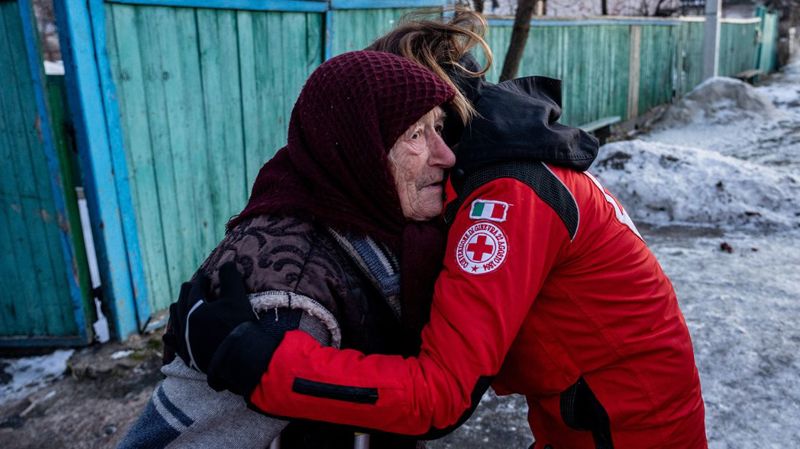Epidemic and pandemic
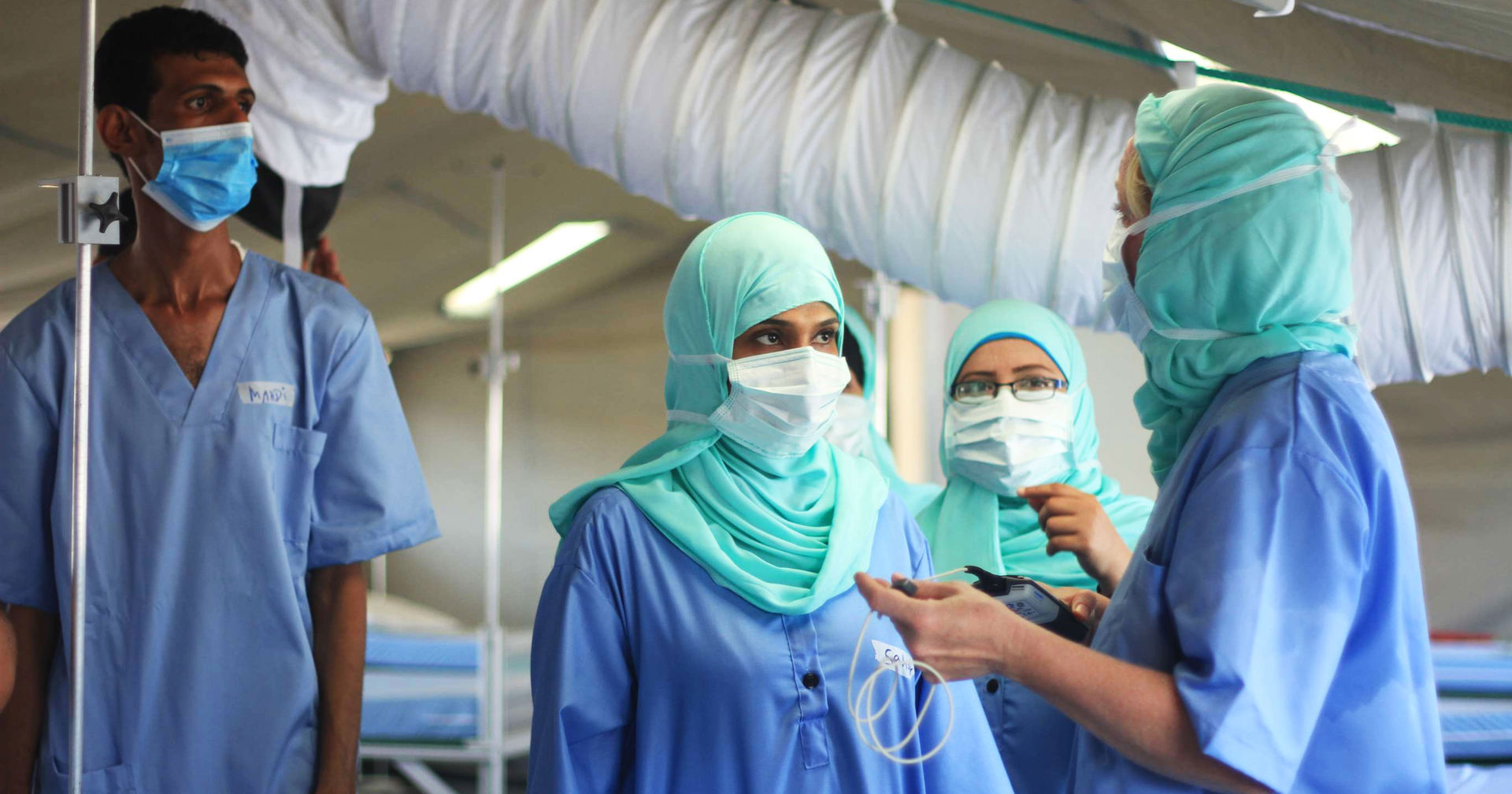
Infectious diseases kill a huge number of people every year. Epidemics are the most difficult to beat in countries with poor living conditions and healthcare systems.
Infectious diseases are often easy to prevent and treat. Even so, they continue to spread. Some pathogens, such as malaria, have been causing illness for a long time, while other pathogens are new.
The Finnish Red Cross helps local Red Cross and Red Crescent Societies combat infectious diseases in their respective countries.
In the event of an epidemic, the Finnish Red Cross is prepared to dispatch experts in health care and other fields, as well as send supplies, to support the work of the local Red Cross or Red Crescent Society.
An epidemic involves a high incidence of illness
An infectious disease is a disease that can spread when a microbe is transmitted from one living organism to another either directly or indirectly via hand contact, for instance. An infectious disease may be caused by viruses, bacteria, parasites or fungi.
An epidemic is when more cases of illness than is expected is observed among a particular population and in a particular area within a particular period of time. Epidemics occur across the world, but they are the most difficult to beat in countries with poor living conditions and healthcare systems. Often, these countries are already suffering from the effects of poverty, conflicts or climate change.
The World Health Organization (WHO) can declare a pandemic when an epidemic spreading across continents poses a significant threat to public health and the capacity of healthcare services.
The worst pandemics in history have been the Black Death (bubonic plague) in the Middle Ages, smallpox, Spanish flu during World War I, and swine influenza and COVID-19 in the 21st century.
The Red Cross prevents epidemics and pandemics
The Red Cross:
- helps the authorities prevent the spread of Ebola, HIV, cholera, malaria, polio, tuberculosis, measles and other infectious diseases around the world
- supports local health points that offer health check-ups, maternity and child health clinic services and vaccines, among other things
- trains volunteers who inform people about diseases and their symptoms and transmission routes and help people seek treatment
- cooperates with the authorities by means such as volunteers notifying the authorities about cases of illness in their communities that may easily spread.
The Red Cross helps during epidemics and pandemics
The Red Cross:
- provides support for the local Red Cross or Red Crescent Society via the International Red Cross during a severe epidemic
- provides help as specified by the local society, for example in the form of money, materials, professional expertise or healthcare services, such as ambulances or clinics
- can set up disease control centres, such as cholera or Ebola centres, in the areas most affected by an epidemic
- also provides other support during epidemics, such as psychosocial support, clean water, washing stations and food aid.
The Emergency Response Units of the Finnish Red Cross, such as the field hospital and health centre, are ready to deploy at the logistics centre located in Kalkku, Tampere. Additionally, the Red Cross has hundreds of trained healthcare professionals in its aid worker reserve.
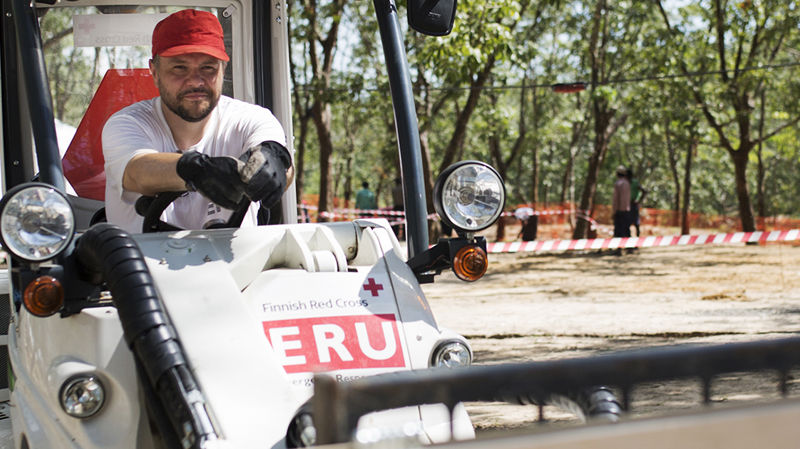
Emergency Response Units
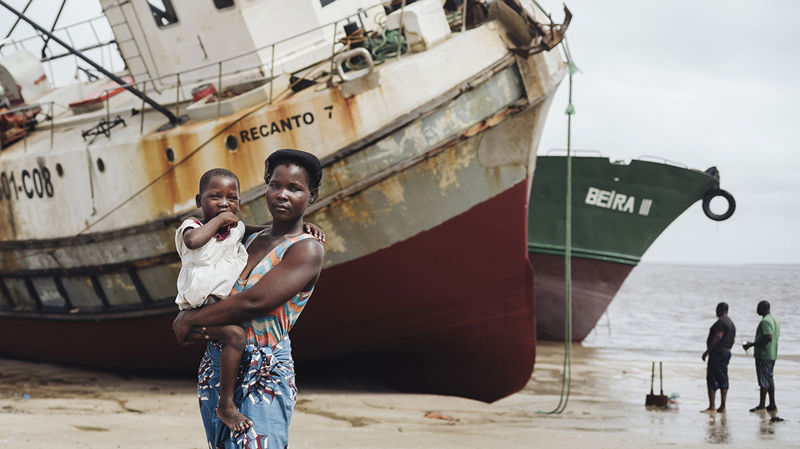
Humanitarian aid
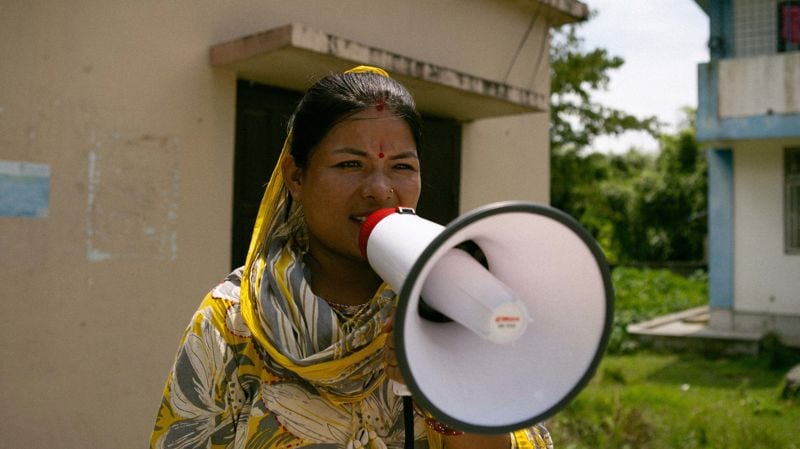
Development cooperation
